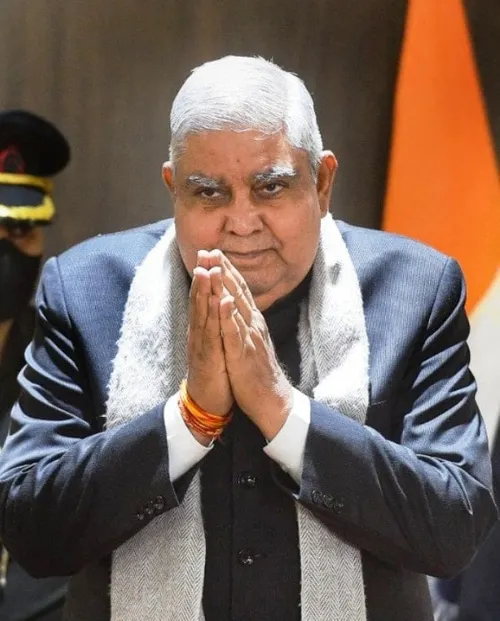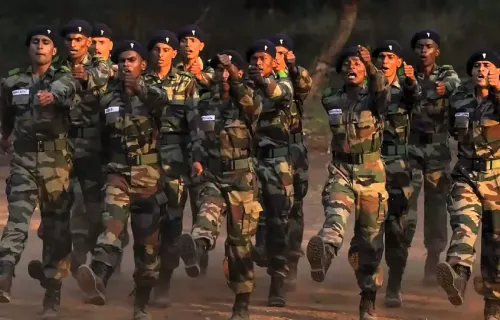
Threshold for additions in taxable income has been doubled for cases to be picked up for compulsory scrutiny
| Photo Credit:
iStock
Political parties, educational institutions, scientific bodies etc, not recognised by the Income Tax Department will have tough time as their income tax returns will be picked up for compulsory scrutiny.
This is part of the compulsory scrutiny guidelines for FY26. Also, threshold for additions in taxable income has been doubled for cases to be picked up for compulsory scrutiny. The Income Tax Department has set a deadline of June 30 for serving notices of compulsory scrutiny for the Income Tax Returns filed in the FY25, guidelines dated June 13 said.
According to the guidelines, one parameter for compulsory selection of returns for Complete Scrutiny during FY26 prescribes cases where registration /approval under various sections (such as section 12A, 12AB, 35(1)(ii)/(iia)/(iii), 10(23C)(iv)/(v)/ (vi)/(via), etc) of the Income tax Act has not been granted or has been cancelled/withdrawn on or before March 31, 2024. But they have been found to be claiming tax-exemption/deduction in the return filed in ITR-7.
It may be noted that ITR 7 is is meant for certain organisations that claim tax exemptions – like charitable trusts, political parties, research bodies, and universities. However, where such orders of withdrawal of registration/approval have been reversed/set-aside in appellate proceedings, those cases will not be selected under this clause.
This parameter is critical as earlier this yearbusinessLine reported that over 3,260 registered unrecognised political parties (RUPPs) received more than ₹10,000 crore electoral donations in two years from 2022 to 2024, with much of it suspected as slush money as they are drained out to shell companies through a complex web of bank accounts.
RUPPs are parties which have been unable to secure sufficient percentage of votes in the Assembly or Lok Sabha polls to become either State or national parties. On May 25, 2022, the ECI specifically stated that 75 per cent of the RUPPs did not contest elections. And more than 90 per cent of them are not filling mandatory compliance reports to Chief Electoral Officers of the States or the ECI for availing tax exemptions.
Other Parameters
In another parameter, threshold for addition has been doubled for picking up cases for compulsory scrutiny. Now, it will be ₹50 lakh or more in eight metro charges at Ahmedabad, Bengaluru, Chennai, Delhi, Hyderabad, Kolkata, Mumbai and Pune and ₹20 lakh or more in charges other than eight metro charges. This threshold will be used where such “an addition has become final, as no further appeal has been preferred against the assessment order or has been upheld by the Appellate Authorities in favour of Revenue; even if further appeal of assessee is pending, against such order,” the guidelines said.
The guidelines also said that cases of the assessees, in whose case survey under section 133A (but excluding survey under second 133A-2A) of the Income Act has been conducted on or after April 1, 2023 will be taken for compulsory scrutiny. This section empowers tax officials to enter and inspect any premises if they have reasons to believe that any documents, books, accounts or other material relevant. The authorities can also seize any such documents if they find them during the inspection.
Published on June 15, 2025
Anurag Dhole is a seasoned journalist and content writer with a passion for delivering timely, accurate, and engaging stories. With over 8 years of experience in digital media, she covers a wide range of topics—from breaking news and politics to business insights and cultural trends. Jane's writing style blends clarity with depth, aiming to inform and inspire readers in a fast-paced media landscape. When she’s not chasing stories, she’s likely reading investigative features or exploring local cafés for her next writing spot.






